
The advisory committee for the California Pre-Doctoral Program, which consists of faculty and administrators from California State University and the University of California, reviewed 212 student applications this year. Of the 76 students selected, 13 Cal State Fullerton students were named Sally Casanova California Pre-Doctoral Scholars for 2024-25.
Each scholar will receive $5,000, pending formal approval of the 2024-25 lottery budget. The scholarship supports a plan developed by the student and their faculty adviser. The plan may include travel, so that the scholar can visit doctorate-granting institutions and attend professional meetings. It might also support the acquisition of materials such as reference books, software and journal subscriptions as well as a subsidy toward the costs of doctoral program application fees, graduate entrance examinations and preparation for entrance examinations.
The selected scholars will also have the opportunity to apply for a 2025 summer research experience at a doctorate-granting institution. Additionally, the CSU Chancellor’s Office will allocate $2,000 to CSUF for pre-doctoral program operating expenses, pending formal approval of the 2024-25 lottery budget.
A preliminary study of former Sally Casanova Pre-Doctoral Scholars indicates that more than 40% enter a doctoral program by the term following their scholarship year.
Eva Amarillas Diaz
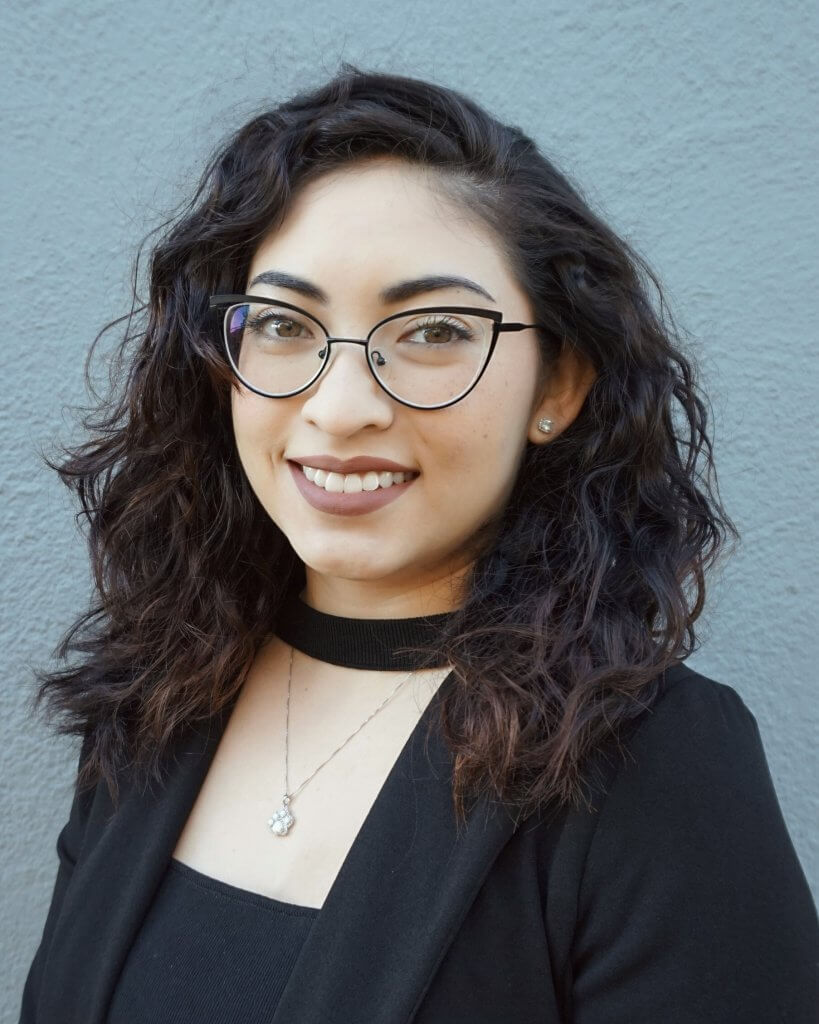
Eva Amarillas Diaz is currently pursuing her master’s degree in American studies. Her research focuses on violence against women through digital platforms and the monetization of such violence. Through an analysis of popular social media platforms, her research aims to historicize and contextualize digital-based violence, highlight the negative impacts of this violence, and brainstorm solutions to create a safer, more inclusive digital space. More specifically, her research focuses on the monetization and cultural capital of digital misogynistic content as part of greater threats to undermine women’s rights. This research is rooted in Black feminist theoretical frameworks, critical race theory and digital media studies. She practices activist scholarship and looks forward to working with community organizations and scholars within this field of research.
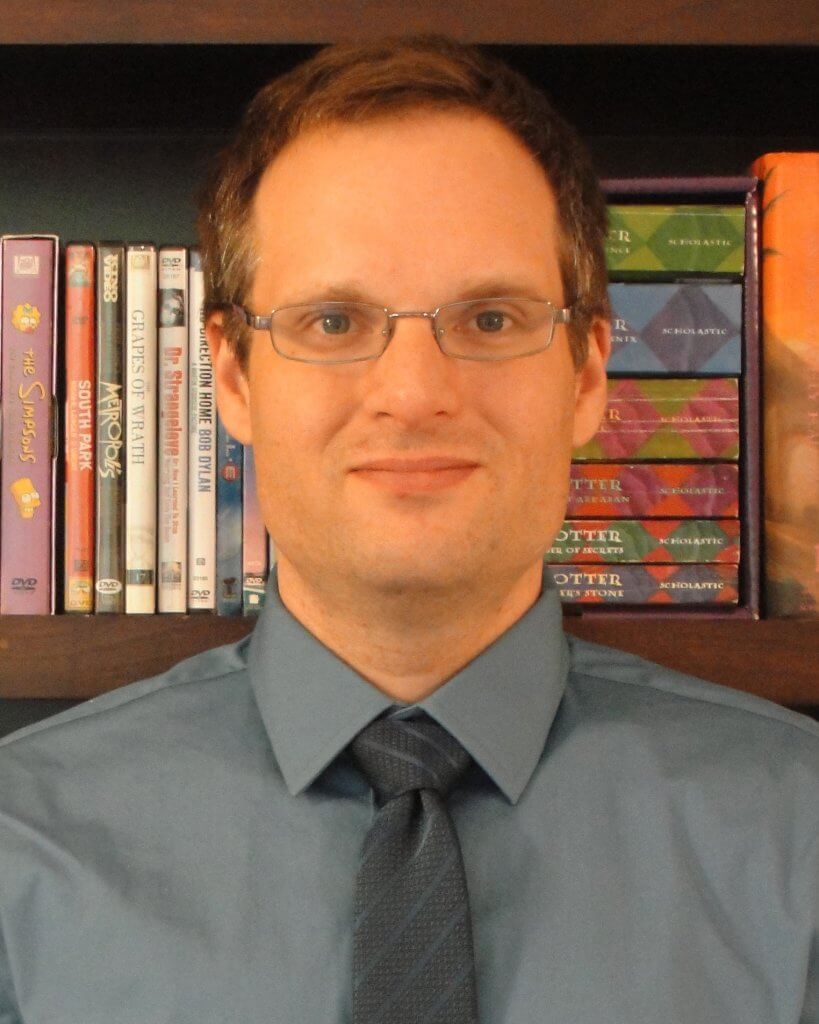
Faculty adviser: Dustin Abnet, associate professor of American studies, is a historian and American studies scholar who specializes in the cultural and intellectual histories of science and technology, and work and leisure in the United States. He is the author of “The American Robot: A Cultural History,” which examines the idea development of the robot in America from the 18th century to the present as it relates to larger ideas of human identity and social power. He is currently working on his next book project, which is tentatively titled, “So You Want to Be a Hero: Power, Purpose and Play in the American Multiverse.” In the book, he explores the larger cultural, social and political implications of transformations of play since the 1960s. At CSUF, he teaches courses on such topics as popular culture, consumer culture, sports, games, technology and digital culture.
Gabriela Guzman
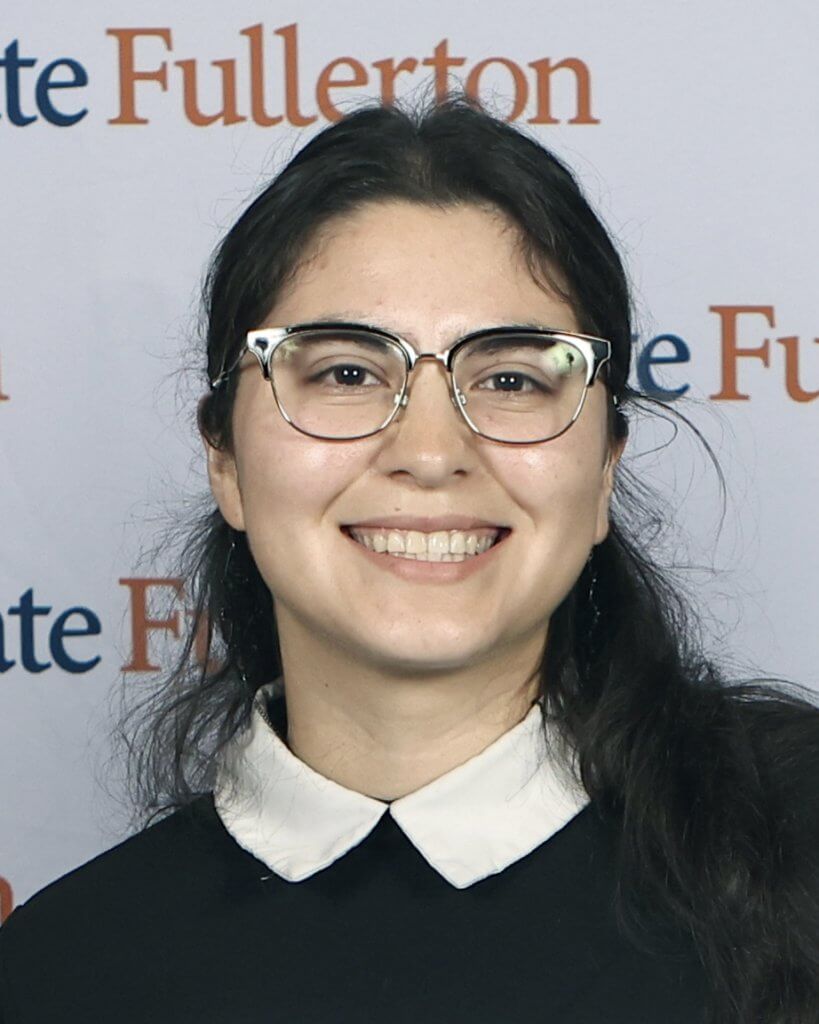
Gabriela Guzman is a dedicated graduate student at CSUF pursuing a master’s degree in biological science. Her thesis research investigates the diets of commensal roof rats in Southern California, focusing on implications for pest management. As a first-generation college student and the current president of the Biology Graduate Student Club, Guzman is committed to fostering a supportive and inclusive academic community. She plans to advance her academic journey by entering a Ph.D. program where she aims to delve deeper into the field of human-wildlife interactions. Her ultimate goal is to contribute to wildlife conservation, particularly within communities that are vulnerable to the impacts of human-wildlife conflicts.

Faculty adviser: Paul Stapp, professor of biological science, is an ecologist who studies behavioral, population and community ecology of wildlife species, particularly mammals in arid and semi-arid ecosystems, and applied problems related to their conservation and management. His research interests are varied and include both field and laboratory projects, almost all of which involve undergraduate or graduate students. A native of Northern California, he earned a bachelor’s degree in zoology from UC Davis, a master’s degree in wildlife from the University of New Hampshire and a Ph.D. in zoology-ecological studies from Colorado State University. Following postdoctoral research positions at the University of Wyoming and UC Davis and a lecturer position at the University of York, he joined the Department of Biological Science at Cal State Fullerton in 2002, where he teaches ecology, conservation biology and mammalogy, as well as graduate courses. Since 2024, he has served as faculty director of the California Desert Studies Center at Zzyzx.
Shyamali Perera
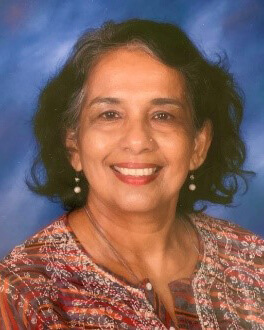
Shyamali Perera pursues research to investigate the intersection of linguistic nationalism and feminism within conflict-driven contexts in South Asian countries from 1980 to 2010. This research focus stems from her deep-seated interest in understanding the complex dynamics of language, gender and identity in Sri Lanka, marked by ethnic upheavals. By exploring how linguistic nationalism and feminist discourses intersect in these contexts, she aims to contribute to broader discussions on national identity, cultural preservation and gender politics in South Asia. Her methodological approach will be interdisciplinary, drawing on literary analysis, feminist theory and postcolonial studies. Perera presented her initial research at the Mellon Mays Undergraduate Summer and Western Regional Conferences in 2023. She will present her final study again at the MMUF Western Regional Conference at Whittier College in November. Her research may further contribute to South Asian studies and feminist theory, advance academic knowledge, and have practical implications for policy and activism.
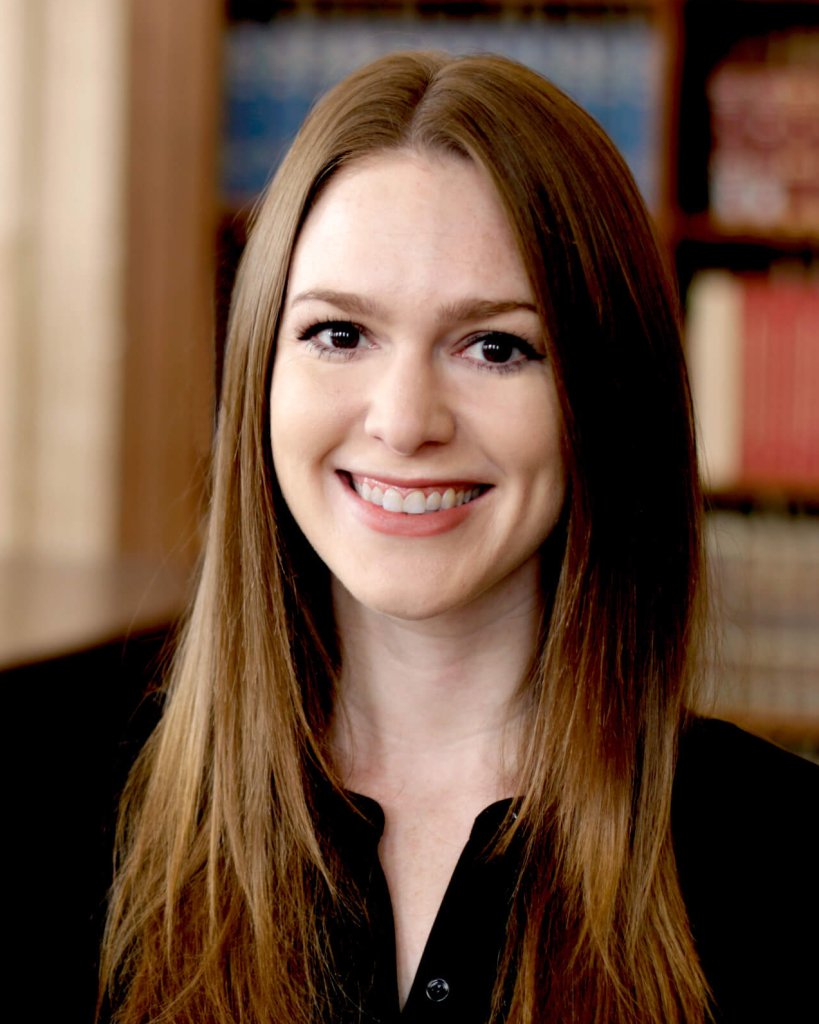
Faculty adviser: Lauren Pinkerton, lecturer in English, comparative literature and linguistics, received her Ph.D. in English literature from the University of North Carolina at Chapel Hill in 2023. Her dissertation project was on wandering scholars in 19th- and 20th-century British literature and culture, and her research interests include education, the acquisition of knowledge and intellectual culture. Her work has appeared in Nineteenth-Century Contexts and Women’s Writing, and she serves as the mentorship program coordinator for the British Women Writers Association.
Natalya Rowe
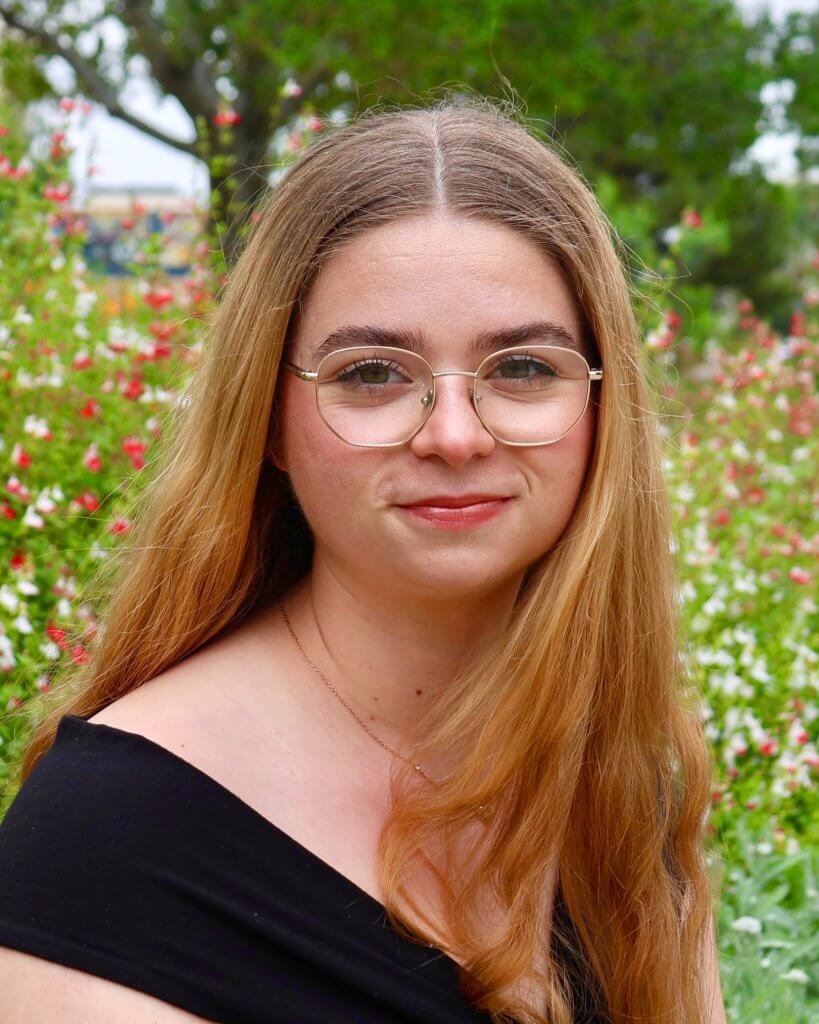
Natalya Rowe will graduate summa cum laude in spring 2025 with a bachelor’s degree in history with a minor in art as a first-generation scholar. She was involved on campus as a President’s Scholar recipient, University Honors Program resident, Mellon Mays Undergraduate Fellow, Phi Alpha Theta History Honors Society board member and President’s Scholars Student Association secretary. For her senior honors project, Rowe conducted field work in Amsterdam on the Council on the International Educational Exchange, which explores the relationship between Dutch Sephardic Jews, architecture and the broader global colonial project. After graduation, she plans to pursue a Ph.D. in history and return to higher education to teach and diversify the professoriate.

Faculty adviser: Paulo Simoes, lecturer in the University Honors Program, earned his bachelor’s degree and first master’s degree from Cal State Long Beach. He also studied at the University of Sao Paulo, Brazil, as an exchange student during his undergraduate senior year, where he began his future career as a Latin Americanist scholar with a specialty in Brazil and U.S. history and relations. After graduation, he returned to Brazil where he taught history and political science at the American and International Schools in Curitiba and Campinas for 10 years. He returned to the U.S. and was awarded a full Ph.D. fellowship to UC Irvine, where he worked with Brazilianist historian Steven Topik. He earned his doctorate in 2009 and has been teaching world and U.S. History within CSUF’s University Honors Program since 2011. He has also served as a coordinating editor for the academic journal Latin American Perspectives since 1999, focusing on Brazilian affairs. His research focuses on the intersection of religious and political conservatism in both the U.S. and Latin America and its resulting social impacts.
Georget Ammari
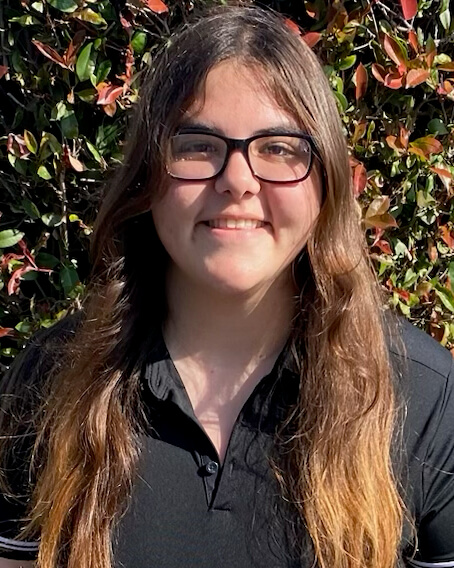
CSUF psychology student Georget Ammari intends to pursue a Ph.D. in social psychology or communications. Her research interests focus on the impacts of digital media and online communities on individuals’ behaviors and attitudes. As a participant in the McNair Scholars Program, she is currently working on an undergraduate thesis that investigates the relationship between representative objectifying social media content and the tendency for women to self-objectify. Her long-term academic goals include returning to the CSU system as a faculty member. She aspires to continue her research on the influence of social networking sites and online communities on individual behaviors and to establish a research lab that fosters diverse student engagement with social psychology research.
Sebastian Lopez-Padilla
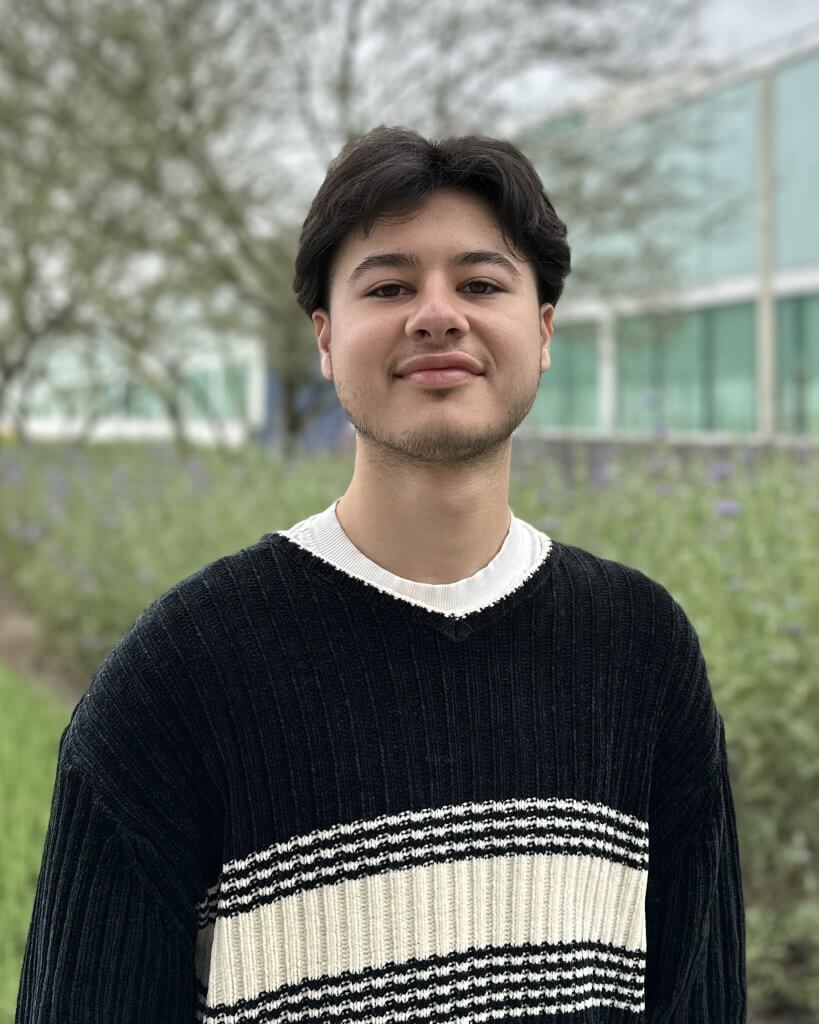
Sebastian Lopez-Padilla is majoring in psychology and minoring in African American studies. As a fourth-year, he is applying to Ph.D. programs this fall with the support of the Sally Casanova scholarship. His identity as a first-generation Latinx college student and experiences in the education system have shaped his passion for educational policy, Latinx studies, critical race theory and social identities. As a McNair Scholar, his research project focused on barriers Latinx college students face due to their layered social identities. Currently, his research explores narratives, intersectionality and identity through experimental and qualitative studies. Additionally, he is working with Susan Sy, professor of psychology, to conduct secondary data analysis with the ECLS-K dataset, examining child academic success in response to parental rearing. He also recently worked with University of Michigan faculty member Deborah Rivas-Drake to discuss how Latinx parents engage in race-based conversations with their children to shape narratives of opportunities.
Paulina Ortega
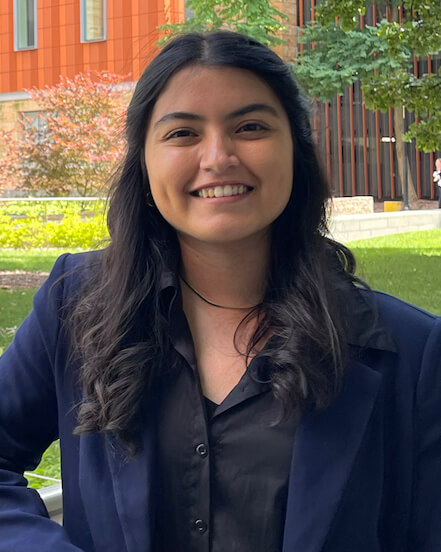
Paulina Ortega is a first-generation college student pursuing a bachelor’s degree in psychology. As a fourth-year student, she plans to apply to clinical psychology Ph.D. programs this fall. Her McNair thesis focuses on understanding Latina women’s perceptions of mental health through an intersectional framework. Additionally, she is working with Sheri Johnson at UC Berkeley as the lead research assistant for the Calm Program’s Healthy Lifestyle study, which aims to promote better outcomes for bipolar disorder. This past summer, she also contributed to the Michigan Twins Neurogenetics Study in Luke Hyde’s MiND Lab at the University of Michigan. Her long-term goal is to help advance culturally aware mental health treatment and intervention options, particularly for the Latinx community.
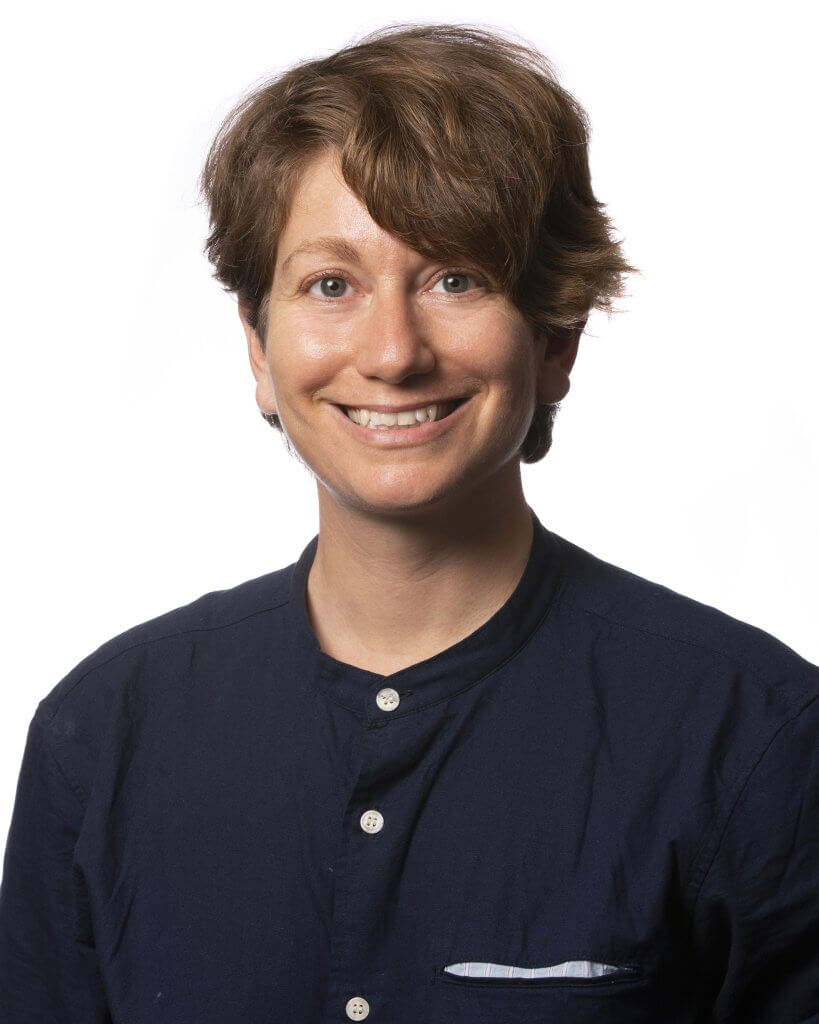
Faculty adviser: Ella Ben Hagai, associate professor of psychology is trained in both psychology and anthropology. Her research focuses on processes that lead individuals who are members of different social groups to develop a shared political consciousness that supports equal distribution of resources across groups. She studies these processes in the context of the Israeli-Palestinian conflict as well as conflict over neoliberal policies in different parts of the globe. Her theoretical work examines the intersections between trans and queer theory and recent psychological research on gender and sexuality. Before joining CSUF, she was a faculty member at Bennington College. She received her Ph.D. at UC Santa Cruz and holds a master’s degree in anthropology from the London School of Economics.
Fatima Campos
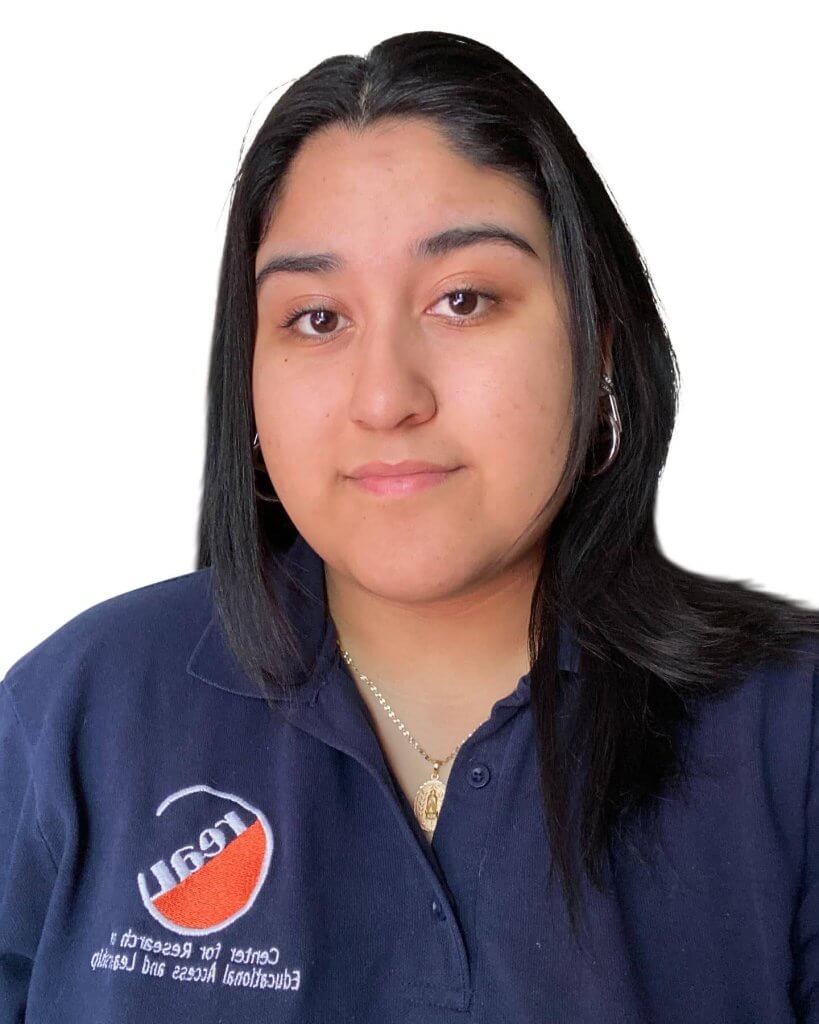
At CSUF, Fatima Campos conducted research as part of the Summer Undergraduate Research Academy, studying the impact of intersectional discrimination on the health of LGBTQ+ people of color. As a student in the McNair Scholars Program, she is now working on research that focuses on the impact of intersectional microaggressions and cultural values on the mental health of the Latina/o/e/x LGBTQ+ community. Currently, Campos is gaining clinical science research experience at UC San Diego’s Summer Training Academy for Research Success under faculty member Lisa Eyler, preparing to become a well-rounded candidate for a clinical/counseling Ph.D. program. Campos’ work involves a longitudinal cohort study of empathy, compassion and burnout among medical students and exploring how basic research on empathy and compassion can be applied to improve training for health sciences students.
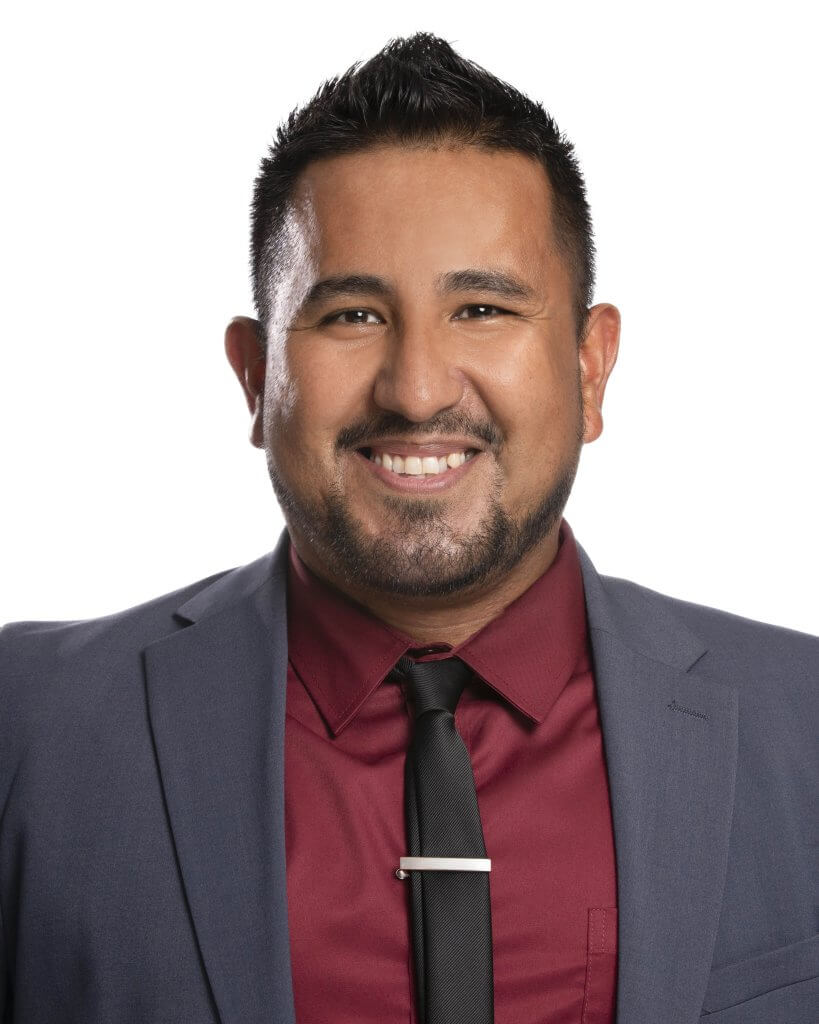
Faculty adviser: James García, assistant professor of psychology, received his Ph.D. in clinical health psychology from the University of North Texas. He completed his pre-doctoral clinical internship at the Southern Arizona VA Health Care System and a postdoctoral fellowship in clinical health/rehabilitation neuropsychology at Casa Colina Hospital and Centers for Healthcare. Clinically, he has worked with medical populations for over a decade, delivering health psychology interventions and neuropsychological evaluations to communities of color, Spanish speakers and racial/ethnic LGBTQ+ patients across the continuum of medical care. He regularly provides didactic seminars to doctoral level clinical neuropsychology students on diversity issues in clinical neuropsychology. Using a public health and community health approach to eliminate health disparities and health inequity, García has been involved in health activism at the national level and with local community-based organizations, including his past leadership role as vice president of outreach and community engagement for the Pomona Pride Center. He has served as an invited community member for the OC Healthcare Agency on their LGBTQ+ report. Currently, he is a member of the Stroke Psychological Health and Well-Being Committee and a member of the Stroke Diversity, Equity and Inclusion Committee within the American Heart/Stroke Association. He is also extensively involved in reviewing diversity science as an associate editor for the journal Current Psychology and an editorial fellow for the journal Health Psychology. Additionally, he sits on several advisory boards for federally-funded health disparities grant projects at CSUF.
Janet Carraman
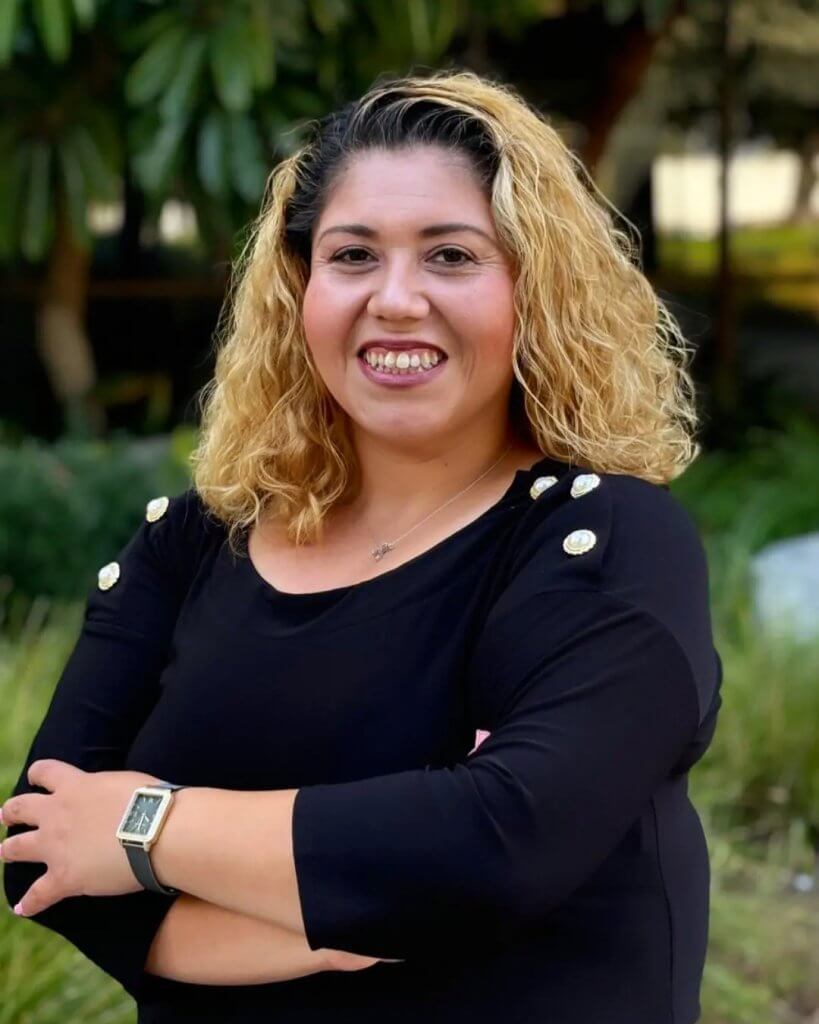
Janet Carraman, founder of Phoenix Arise Organization, is a first-generation Chicana from Santa Ana. She is a survivor of sexual assault, domestic violence, incarceration and suicide. Carraman pursued higher education through the Formerly Incarcerated Reentry Students Thrive program, earning an associate degree in psychology from El Camino College. At CSUF, she is a Project Rebound scholar working toward a bachelor’s degree in psychology with a minor in public administration. Her research focuses on how the parenting styles of previously incarcerated women affect their relationships with their emerging adult children, aiming to identify interventions for family reunification and rehabilitation. She strives to deepen the understanding of marginalized populations’ challenges within the legal system, advocating for equitable policies and support services while leaving a legacy of healing, restoration, and empowerment for her daughters and community.

Faculty adviser: Russ Espinoza, professor of psychology, earned his Ph.D. at the University of Nebraska, Lincoln in forensic social psychology, specializing in prejudice in the legal system. In addition, Espinoza earned a minor in quantitative methodology. He joined the psychology department at CSUF in fall 2007, where he has taught such courses on forensic psychology, prejudice and discrimination, research methods, and social and personality psychology. He is also a trial consultant and expert witness in criminal court trials. His primary line of research examines prejudice in the legal system that exists based on socioeconomic status and race/ethnicity and how jurors are influenced by these extra-legal factors. Low socioeconomic status, minority defendants are found more culpable, found guilty more often and given lengthier sentences in comparison to other status majority defendants for similar crime commissions. His second line of research examines the underlying cognitive associations to stereotypes and prejudice toward specific groups and their treatment in such areas as media, health care, education and business.
Sara Fardeheb
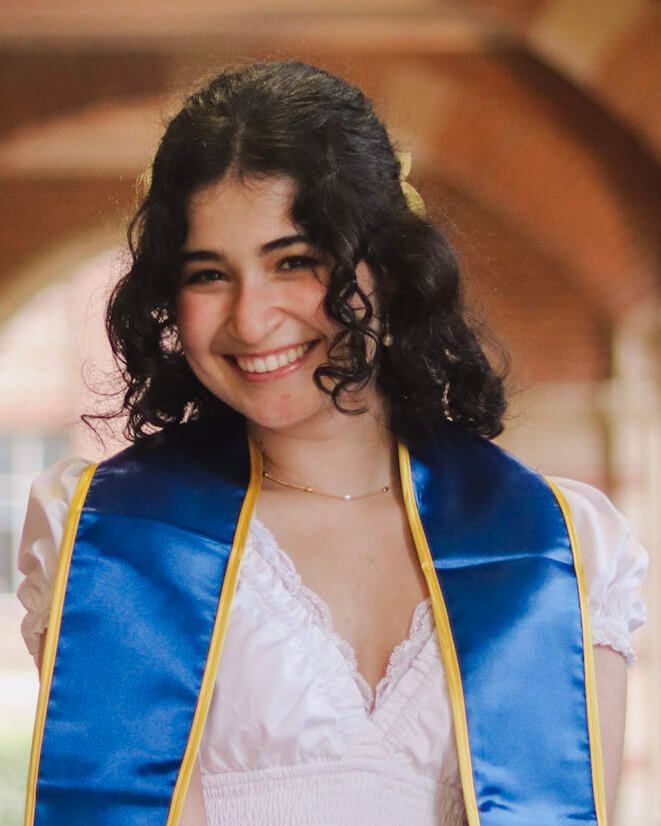
Sara Fardeheb is exploring the sociocultural context of Middle Eastern and North African communities. Despite making up 4 million of the U.S. population, they are often left out of research or grouped into the white racial/ethnic category. This creates a gap in understanding the unique experiences MENA groups have when navigating the high rates of discrimination and, in turn, deteriorating health they are susceptible to. Therefore, Fardeheb looks at how cultural resources and other coping mechanisms can protect MENA groups from the poor health outcomes they often endure. For her master’s thesis project, Sara is investigating how social support and coping styles moderate the impact of acculturative stress on psychological symptoms among MENA college students. These findings can inform mental health professionals on how to promote culturally competent resources and increase insight into the unique sociocultural experience of being a part of the marginalized MENA community.
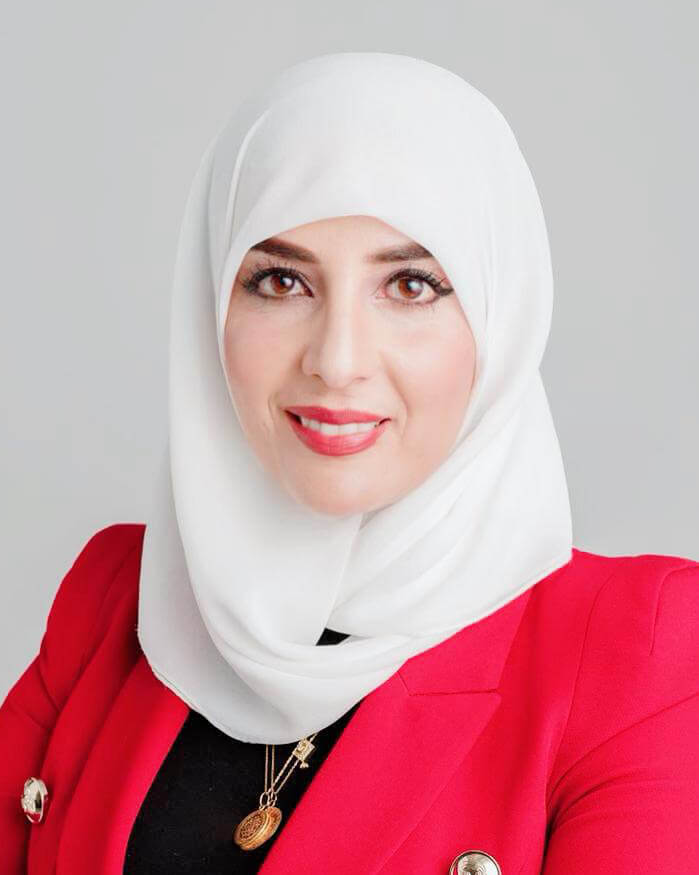
Faculty adviser: Sawssan Ahmed, associate professor of psychology, is part of CSUF’s clinical psychology graduate program. She is also member of the American Psychological Association’s Council of Representatives, representing the Arab Middle Eastern and North African Psychological Association and was on APA’s Presidential Task Force on Culturally Informed Trauma Recovery. Her research focuses on the role of sociocultural risk and protective factors in the physical and mental health of Arab and Muslim populations, and she has authored several publications on culture and health as well as culturally competent mental health work with Arab and Muslim communities, including in the books “Counseling Muslims,” “The Handbook of Arab American Psychology” and “Biopsychosocial Perspectives on Arab Americans: Culture, Development and Health.” Her current research focuses on exploring the validity of depression and anxiety screening measures and culturally adapting and investigating the outcomes of a psychological intervention with Arab pregnant women.
Pauline Lim
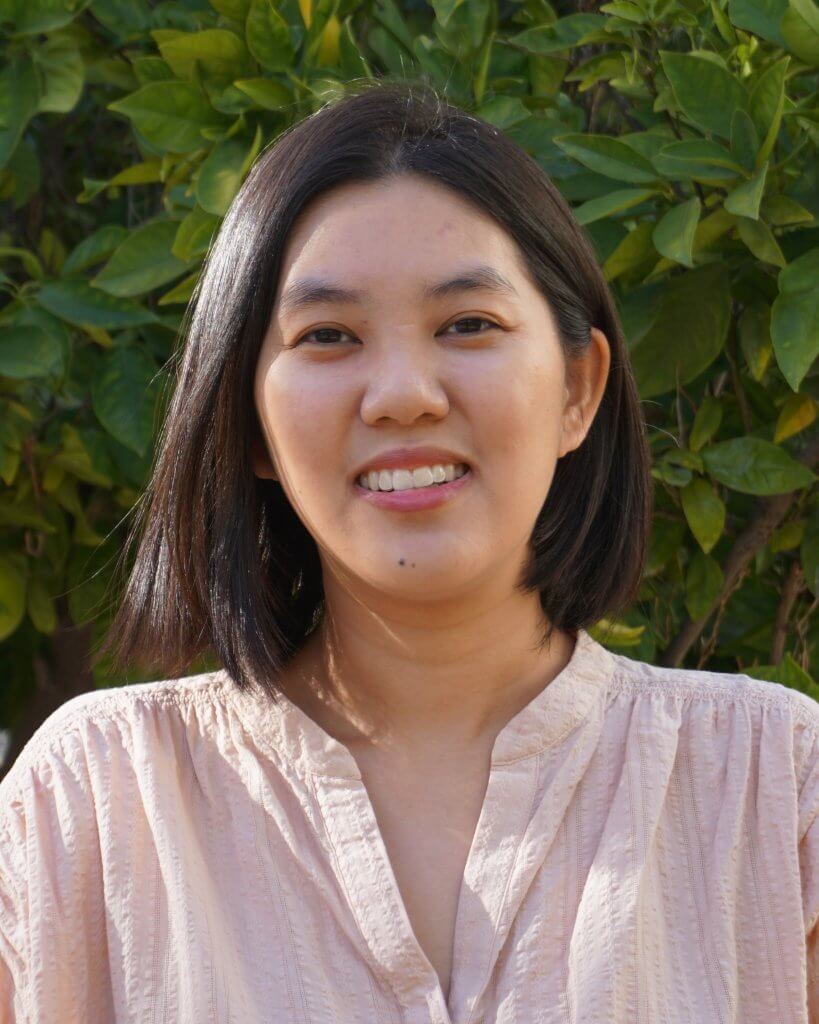
Pauline Lim’s research interests are environmental exposure, occupational health and maternal health. She is currently conducting research in the Perinatal Environmental Exposure Awareness Study lab, which looks into concentrated animal feeding operations and its relationship to maternal health and pregnancy outcomes. She plans to pursue a Ph.D. in epidemiology to better understand the impact of the different environmental exposure to workers and population’s health specifically in mothers and children.
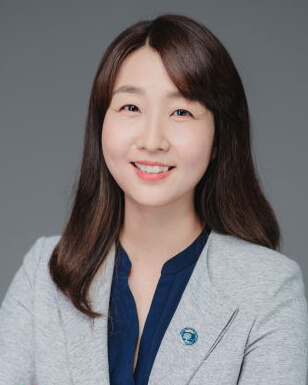
Faculty adviser: Bo Young Park, associate professor of public health, is a perinatal epidemiologist. She earned her Ph.D. in epidemiology from Drexel University and was a postdoctoral scholar at Johns Hopkins University. Her research examined genetic and environmental exposures during pregnancy and their relationship to maternal and child health outcomes. Park is leading the Perinatal Environmental Exposure Awareness and Study at CSUF where undergraduate and graduate students are involved in determining associations between modifiable risk factors and pregnancy and child development outcomes using epidemiologic methods.
Noah Balderrama
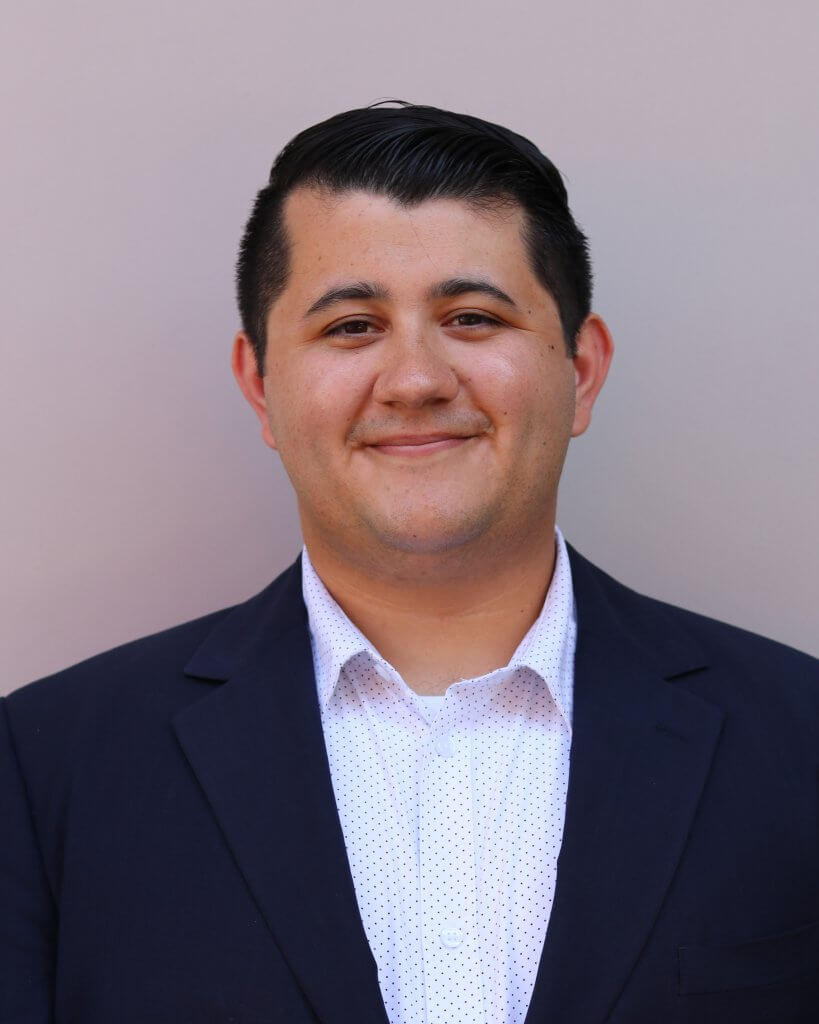
Noah Balderrama’s research delves into the intricate process of residential selection for LGBTQ individuals. His research aims to understand the decision-making processes of LGBTQ individuals when selecting a residential location, particularly considering the decrease in LGBTQ individuals moving to traditional gay neighborhoods. His research seeks to yield insights into how queer residential selection challenges the established theories of residential selection within the discipline of sociology. Historically, sociologists have emphasized the significant influence of home ownership and residential location on individuals’ life opportunities. While existing theories pinpoint individual financial resources, experiences of housing market discrimination and individual racial preferences as crucial determinants of residential selection, they may not encompass all selection choices. Balderrama’s initial findings indicate the significance of acceptance within communities for queer individuals when moving outside their social networks. This provides a theoretical framework to study groups grappling with challenges posed by the dominant culture and institutional structures while moving.
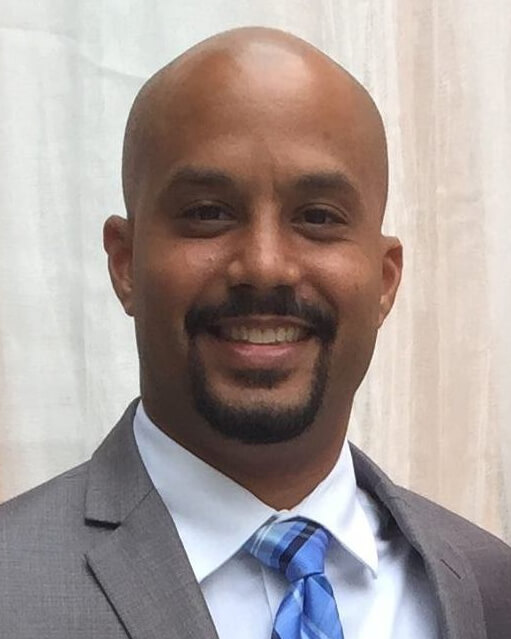
Faculty adviser: Anthony Alvarez, associate professor of sociology, researches economic sociology and uses the lens of economic sociology to understand patterns of inequality. Previously, he studied the ways the consumer financial system impacts patterns of inequality, both at the level of debt as well as more informal economic practices. He currently has a number of ongoing research projects. These include a study of Black and brown bank workers investigating their experiences being on the front lines of retail finance; a project investigating the financial lives of Black families who intend on leaving inheritances for their children; a study to understand the role of advising in student success; and a long term project on the evolution of Black entrepreneurship, Black business and the Black Chamber of Commerce. He teaches courses on such topics as statistics, social inequality, sociology of money, and power, wealth and status in American political economy.
Ainsly Rivera
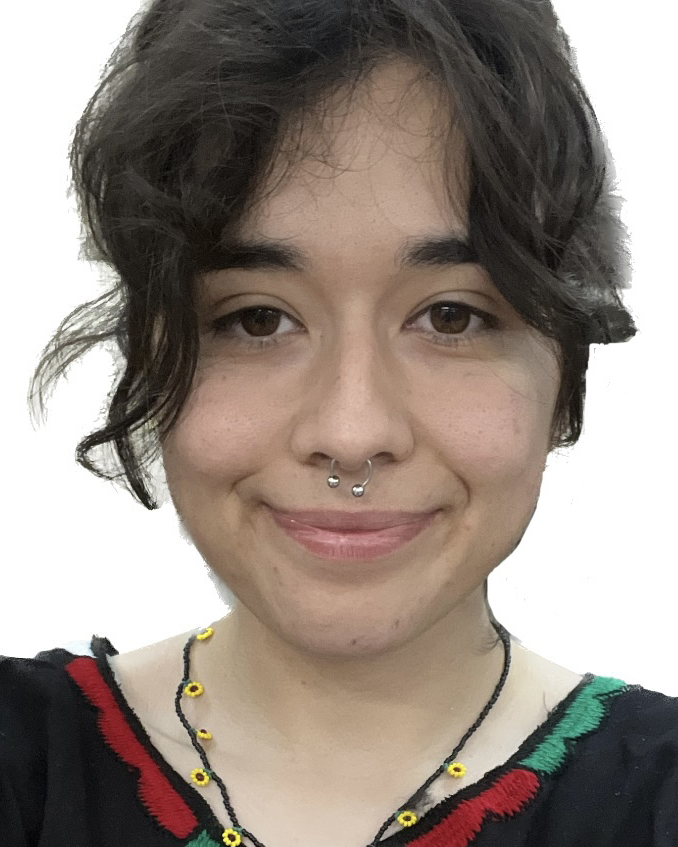
Ainsly Rivera is a graduate student in sociology. Their research interests include globalization, disability, historical sociology and economic sociology. One of their current research projects analyzes the role of the social security administration as a model in defining disability. She uses drug addiction and alcoholism as an example, centering on the 1996 Contract with America Advancement Act, a public law which removed drug addiction and alcoholism as an “eligible” disability for social security income. Rivera’s master’s thesis focuses on the forced state displacement of the Indigenous Maasai community of Northern Tanzania. Her research explores the Maasai people’s experiences of displacement in the social and economic context of the Tanzanian government’s land grabs for conservation and big game reserves. This qualitative study considers how state land conservation initiatives reflect prior colonial power relations evidenced in previous research on indigenous forced displacement.
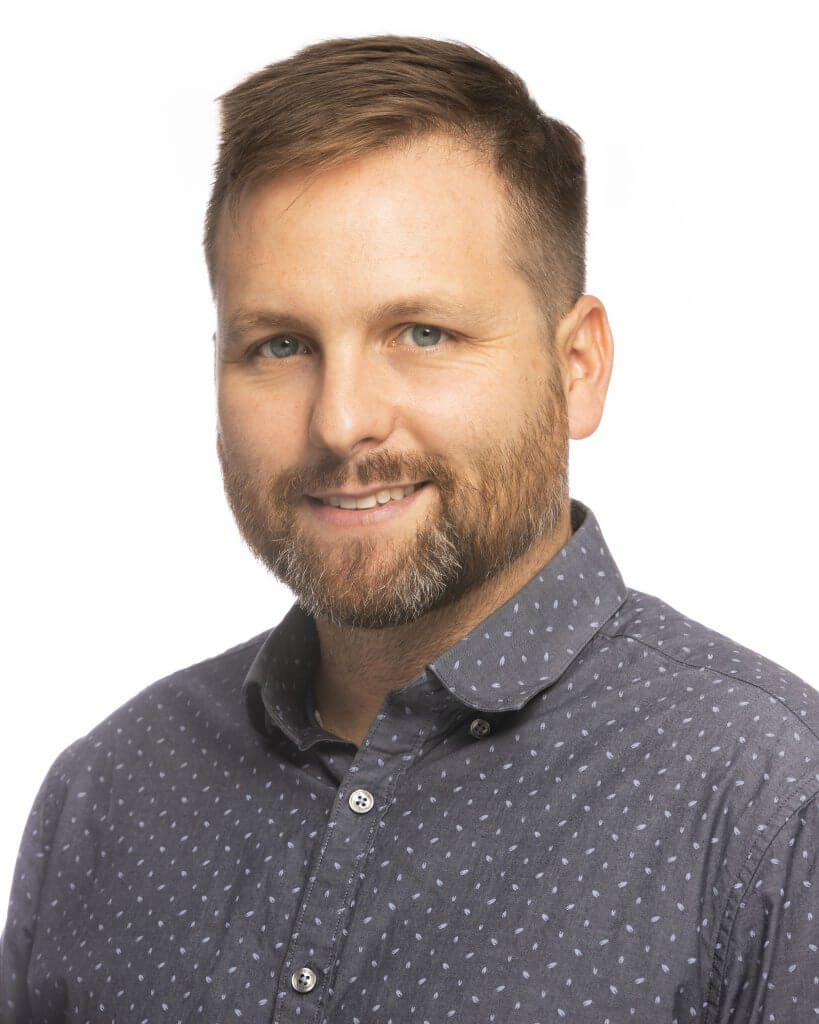
Faculty adviser: Christopher Gibson, associate professor of sociology, received his doctorate from the Department of Sociology at UC Irvine and master’s degree in global studies from UC Santa Barbara. His research focuses on the intersection of economic markets and social policy, with special attention to environmental governance. In short, he is interested in asking: In what ways can people best prepare governance institutions to equitably address the challenges of climate change? His research examines water management in California to understand the role of financial markets in shaping policy decisions. He also has work that focuses on blacksmithing and craft labor as well as research on ethnicity and immigration in Eastern Europe. Gibson has published in several journals, including Environmental Sociology, Visual Studies and the International Journal of Comparative Sociology. In his teaching, Gibson embraces collaborative learning environments in which students are empowered as co-creators of collective knowledge and understanding of important social issues.